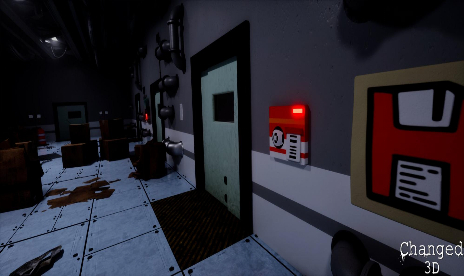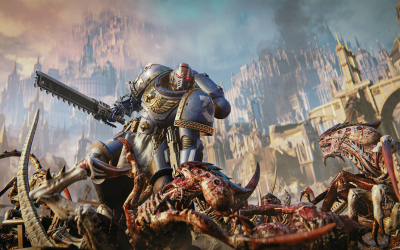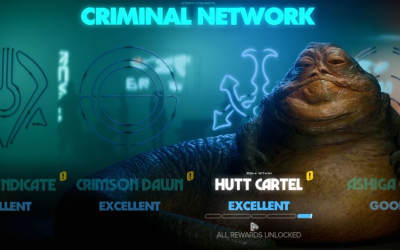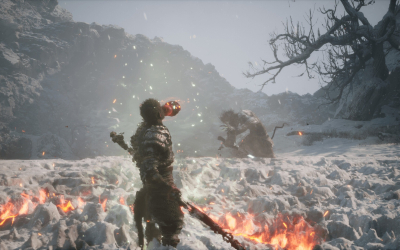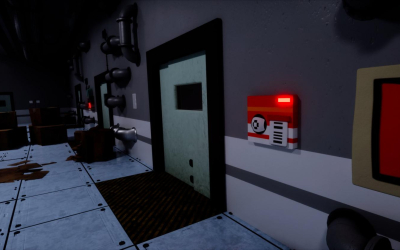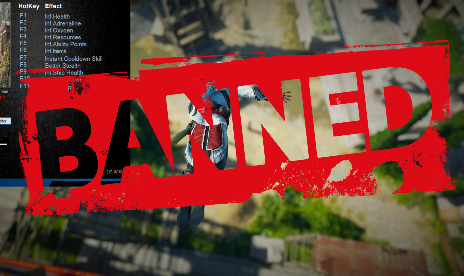Does modern DRM really hurt gaming performance?
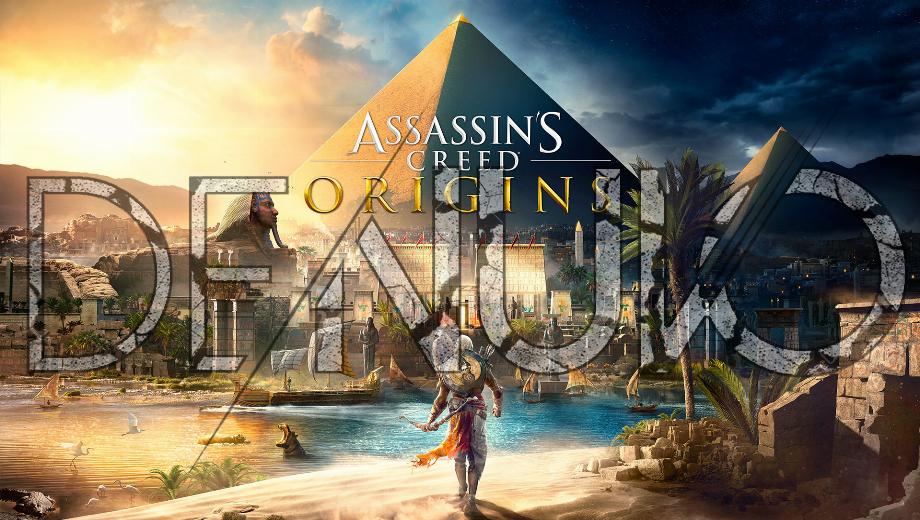
Digital rights management (DRM) software is something that few gamers are fans of. Sure it can help a developer prevent their game from being pirated for a time, but almost always the protective systems are cracked within a few weeks of launch and then the only people stuck with the hoop jumping practices that most DRM implements are those who paid full price for the game.
But even though limited numbers of installs, always-on requirements and key registration systems are a pain in the neck, what about game performance? Gamers have claimed for a long time that systems like the anti-tamper Denuvo and VMProtect systems actually make a game run slower than it would do without them, but is that the case?
The most high profile instance of claims to that affect came about with the release of Ubisoft’s Assassin’s Creed: Origins. The Egypt-spanning action-RPG saw itself equipped with both Denuvo and VMProtect and saw many gamers struggling to run it with their CPU running at near 100 percent constantly during gameplay.
Although Ubisoft claimed that this was an example of how well optimized the game was to leverage as much local processing power as possible, others claimed that it was an example of the DRM systems causing massive spikes in CPU usage, thereby impacting game performance.
To find out who’s telling the truth, we looked into a variety of studies and individual reports that analyzed the impact of running anti-tamper systems like Denuvo. The results do seem to suggest that Denuvo has a slight impact on game performance, but it’s far from conclusive.
The problem, according to crackers like those who ripped the game Rime, is that Denuvo makes multiple calls per second during gameplay. Whether a small or large impact, those calls do affect game performance, they claim. The developers even admitted that the game would have a small performance decrease because of it, though denied that it was a noticeable drop.
Game Debate found that when running Doom 2016 before Denuvo was removed and after, that there was a 6-7 percent improvement in performance with the latter. That was much more noticeable at 1080 resolution than 1440P, but that makes sense, since lower resolutions tend to be much more CPU bound than higher ones.
However, it is worth pointing out that Denuvo was officially removed, therefore the game versions are different ant may have benefited from new graphics drivers and optimizations since release.
Ultimately it may be dependent on the game and how the DRM is implemented. In one test by Youtuber Joker Productions, he found that performance between Shadow of War’s legitimate, Denuvo protected version and a cracked, Denuvo bypassed version of the game saw no discernible difference.
However, it could be in that case that removing the DRM was required to notice the difference, rather than simply bypassing it.
In the case of fellow anti-tamper system, VMProtect, the case appears to be clearer, though there is much less evidence. With its usage in Assassin’s Creed: Origins, one gamer discovered that it makes near constant calls, especially during player movement, which would suggest that out of the two DRM systems in place with Origins, that VMProtect is the worst when it comes to impacting performance. It is also possible that in implementing two anti-tamper systems, the compounded effects of the pair are worse than either would be alone.
For now it appears that there isn’t much in the way of concrete, substantiated proof that any of this is truly impacting game performance. For that we would need a developer itself to benchmark their game before and after implementing the DRM. We’re sure those numbers must exist somewhere, as most developers wouldn’t put their game out without making that check first.
We say most, as it does appear that Ubisoft pushed out Origins without fully testing the impact of its protective systems. For now, it appears to be the worst culprit in this case but there are others.
In short, if you want to avoid performance issues in games, sticking to ones with singular anti-tamper systems might be the best bet.
Have any of you run into performance issues in games with heavy handed DRM?





![Dynasty Warriors: Origins v1.0+ (+37 Trainer) [FLiNG]](https://9588947a.delivery.rocketcdn.me/wp-content/uploads/2026/02/Dynasty-Warriors-Origins-01-464x276.jpg)

![Dragon Ball Z: Kakarot v1.03-v2.30+ (+32 Trainer) [FLiNG]](https://9588947a.delivery.rocketcdn.me/wp-content/uploads/2026/02/Dragon-Ball-Z-Kakarot-01-464x276.jpg)





